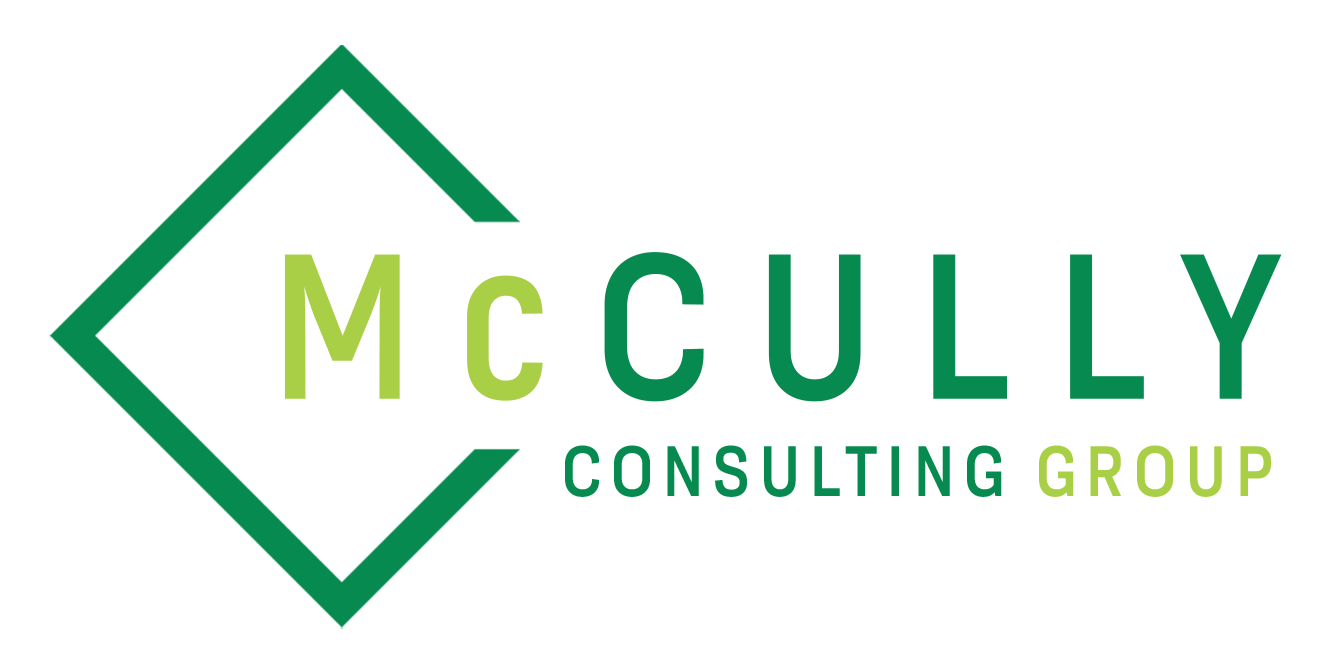Many small business owners are focused on growing sales. When there is cash in the bank and customers coming through the door, a lot of business owners don’t take the time to see how money is being spent. What jobs or products are the most profitable?
It seems the bigger the business, the bigger the potential for waste. One person businesses are likely to find ways to cut costs and thus increase profits as they look closely at what they’ve bought, what they regularly buy and is it contributing to profits?
The biggest money leaks can be yearly or automatically renewing subscriptions. Are you reviewing your credit card bills each month? Check statements to see if there are recurring charges for subscriptions that are not be used consistently.
Other common areas of money loss are goods and services – are supplies being purchased from the most economical supplier? Is it just a convenience and that is why you continue to purchase from that supplier? By shopping around there will likely be a supplier that welcomes your business and has lower prices.
Cash Flow Secrets for Small Businesses:
- Budget is not a four-letter word. Budgets can be a friend. See a budget as a plan to help stay focused on what needs to be achieved.
- The most powerful number in your business. Knowing only one number should be the breakeven point. The breakeven point is the moment in time when income equals expenses. When income is higher than expenses, it is a profit. If expenses are higher than income, it is a loss.
- Customers. It’s easy to get caught up in the search for new customers. But, never forget the ones you already have. What other services or products can be offered to them? How can you get them to refer their friends and colleagues? Build a successful business around a small number of customers by providing them with excellent customer care.
- Shoeboxes. A successful business is not possible if income and expenses are not systematically tracked; know who owes money, and who money is owed to. This is absolutely crucial. Keep track of everything with pencil and paper if you like. As long as the basic information is tracked in a systematic manner. A computer program such as QuickBooks certainly does a beautiful job.
- Getting customers to pay. Always remove every possible excuse for nonpayment. Don’t extend credit unless it’s absolutely necessary. Establish credit policies to help determine who will get credit. Get an invoice into the bill payer’s hand as quickly as possible after the work is done or the product is delivered.
- Why paying taxes causes rejoicing? The strategic approach of many small business owners is to have as little profit as possible by the end of the year. Otherwise, you pay taxes. Some small business owners make decisions in their businesses based on intentional lack of profit. Writing checks to the IRS is most often a painful thing to do but if you’re paying taxes, it means you’re making money. If you’re paying taxes, it means your business is making money. Don’t let the thought of taxes hold you back. Always plan ahead for the tax bill – don’t let it be a surprise!
